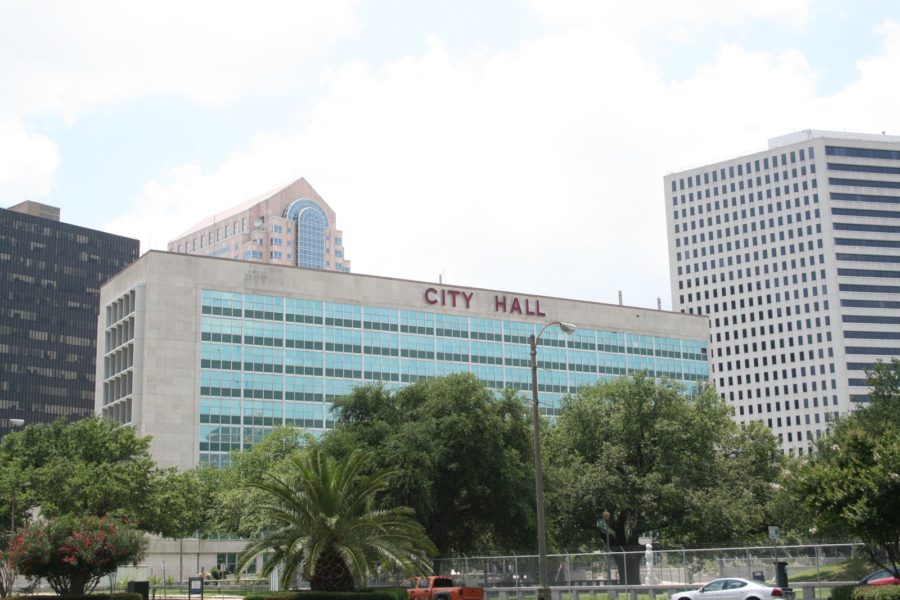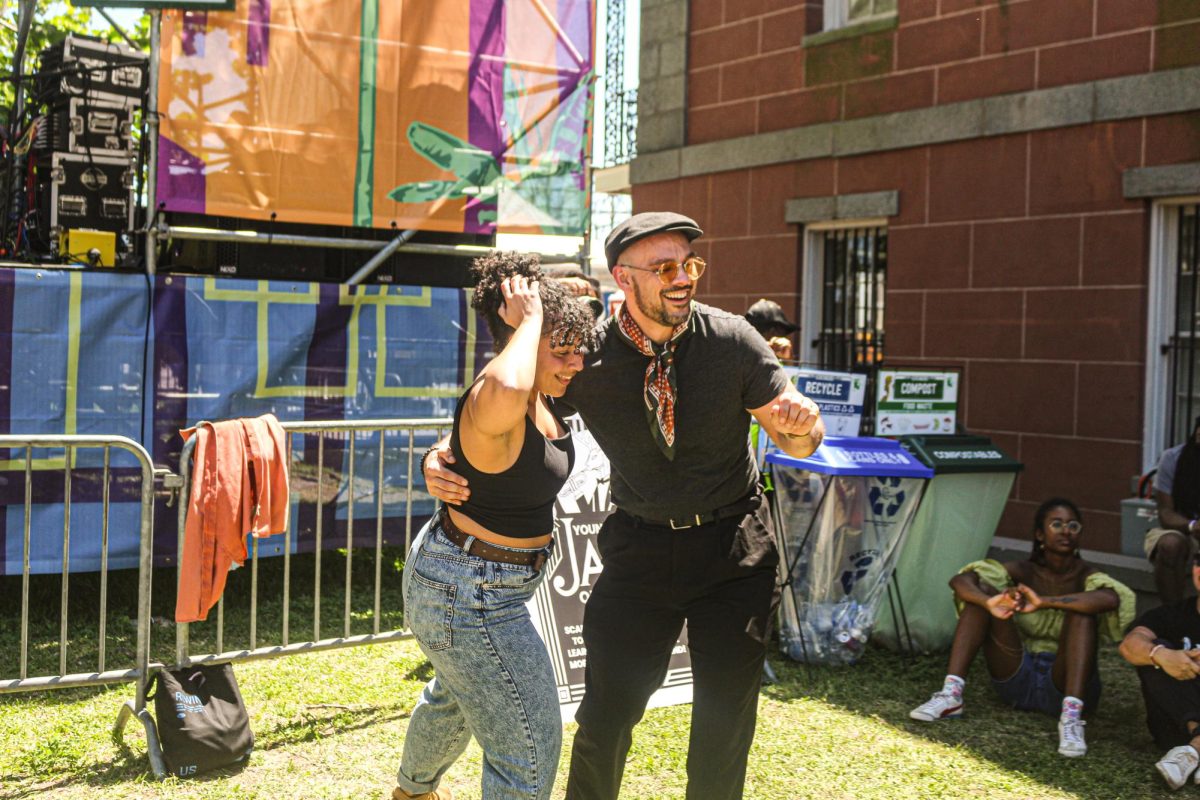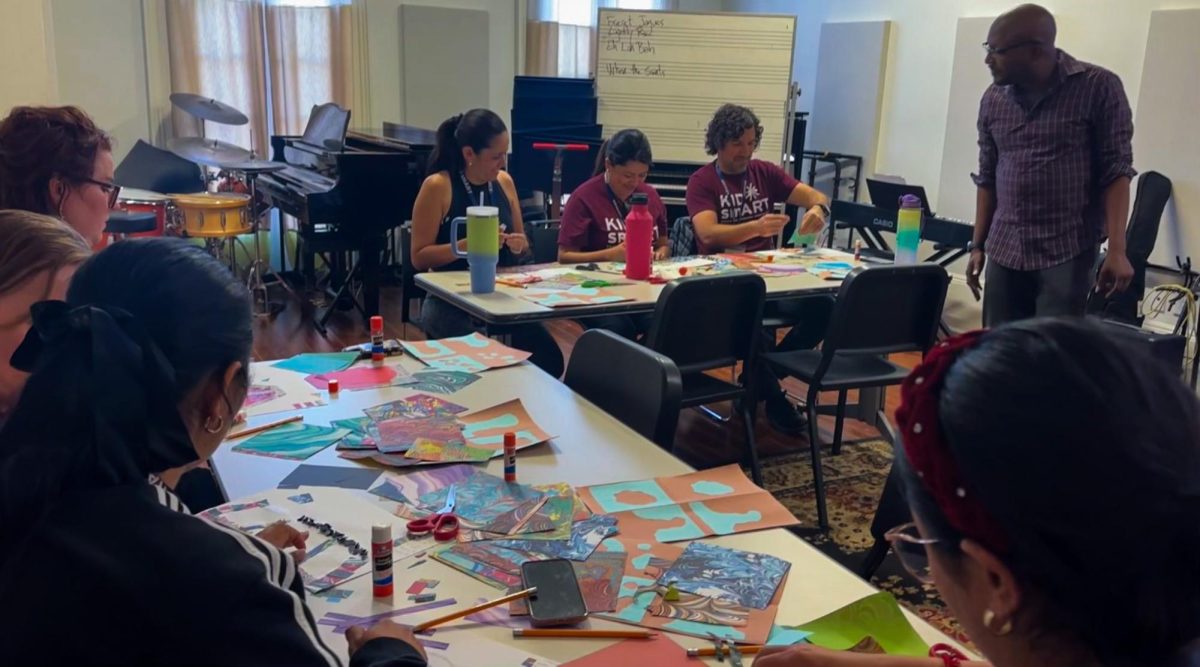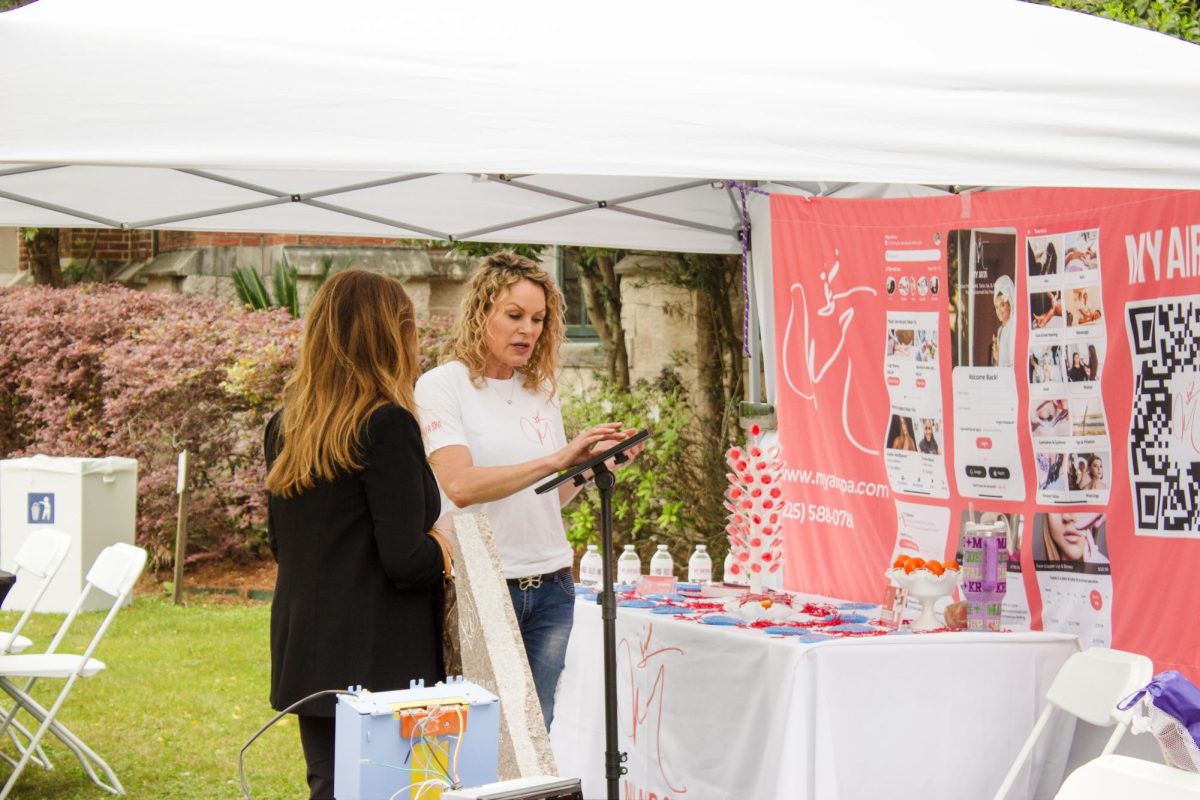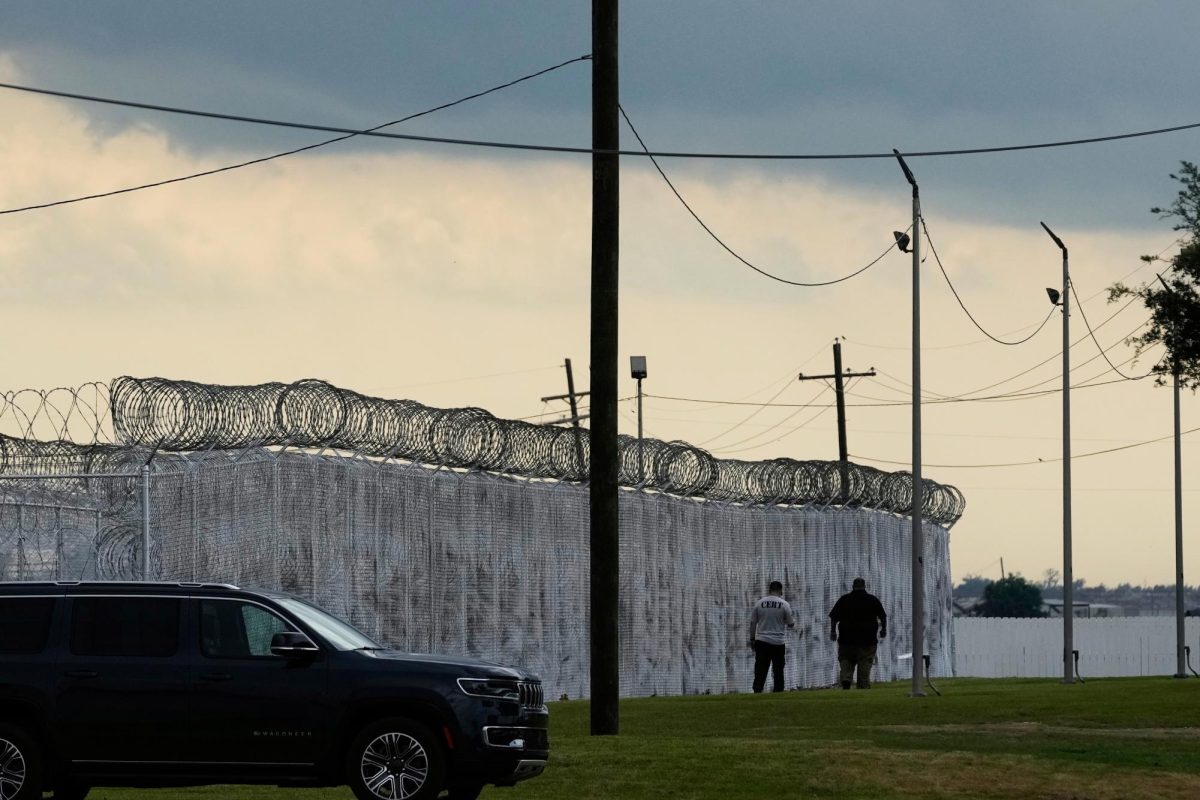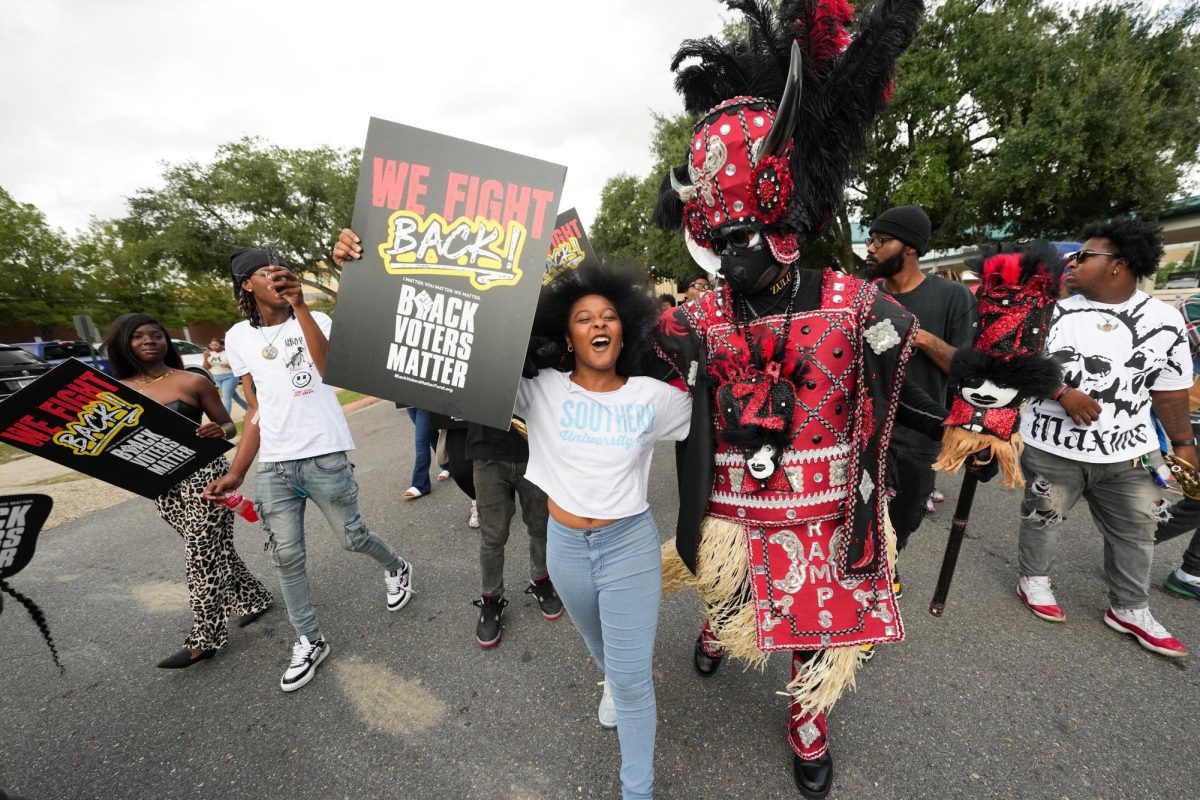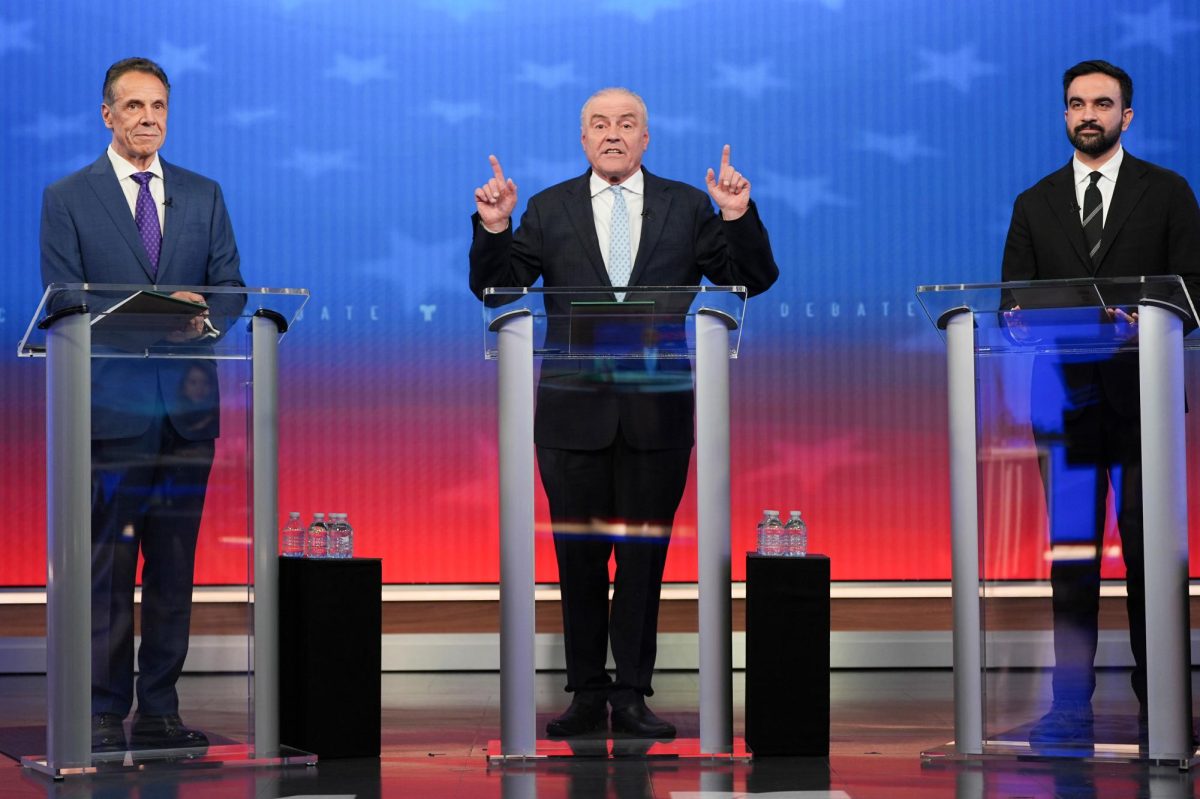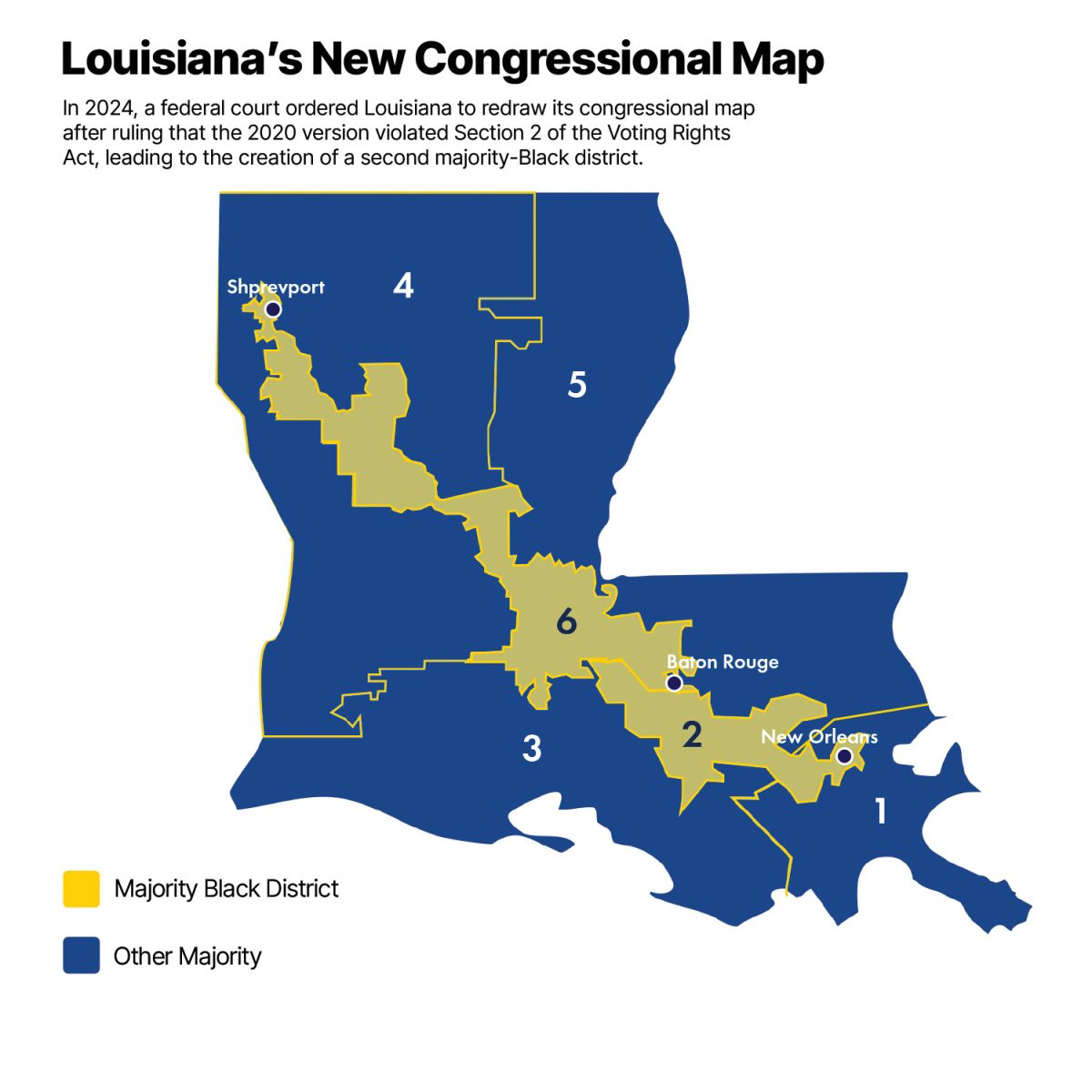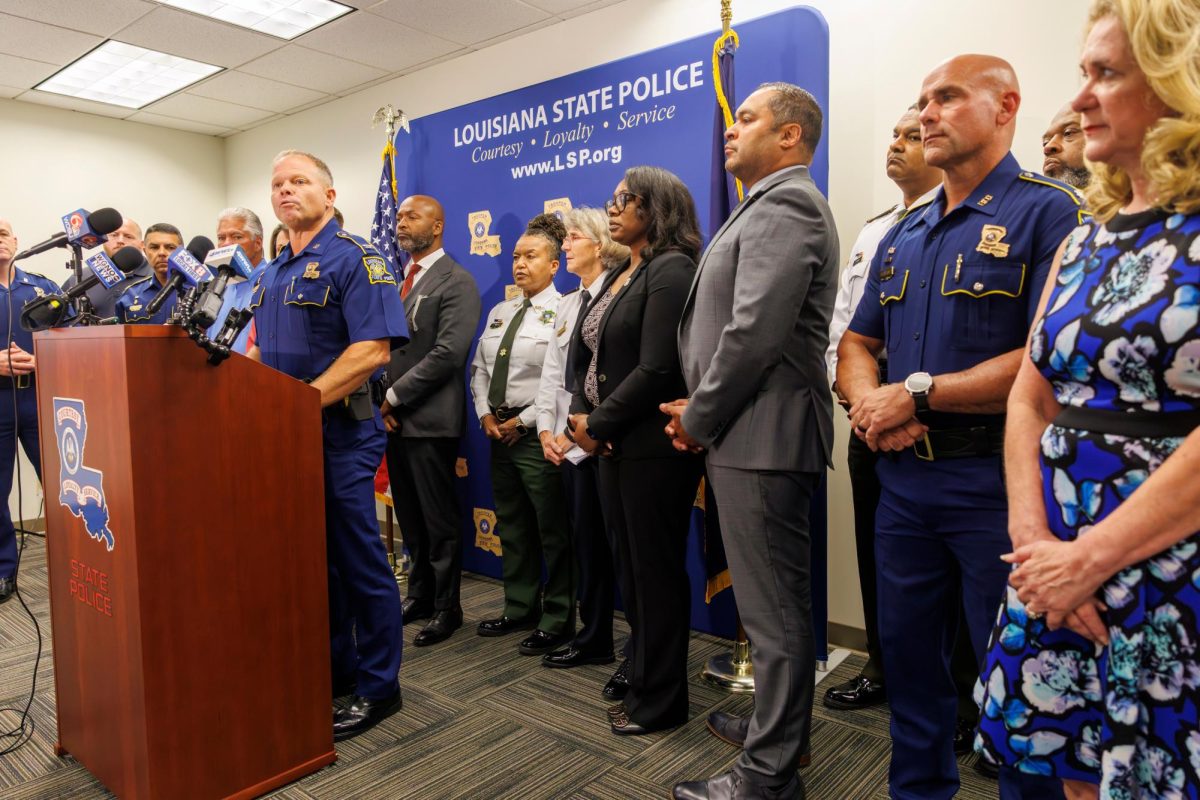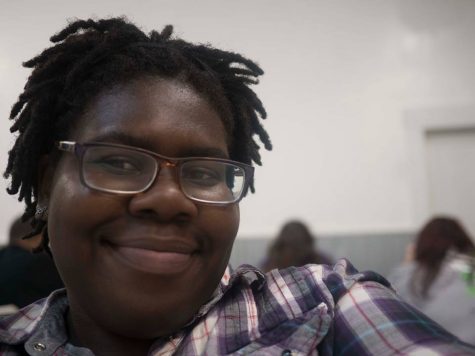New Orleans joined with 36 other cities and counties to fight against Trump’s executive order to withhold federal funding to places that do not comply with his administration’s immigration enforcement policies,
New Orleans immigration policy came about as a result of a Federal consent decree. The city, the New Orleans Police Department and the Department of Justice entered into the consent decree on July 24, 2012, according to the city of New Orleans website.
Susan Weishar, assistant professor and research fellow at the Jesuit Social Research Institute of Loyola University New Orleans, said that this policy came about due to the treatment of immigrants in the jail system by police.
“I think that it is extremely unfortunate that President Trump and his Department of Homeland Security have released a list of about 200 cities that they believe are ‘sanctuary cities,’ and that they want to target these cities for the policies they have, basically to ensure bias-free policing and to keep community policing in place and effective,” Weishar said.
However, Mayor Landrieu remains adamant that New Orleans is in compliance with the law.
Loyola’s Law Clinic offers a “Know Your Rights” presentation for immigrants where they go out into the community to learn what to do and what not do. Hiroko Kusuda, assistant law professor at Loyola, said that the clinic conducts these community outings for any organization that requests their assistance.
“Any organization that wants our presence, we would be happy to work with them,” Kusuda said.
Some believe the tone of the administration’s policies is intimidating.
“The official word from the Trump Administration is that we are going after bad people, but they are scaring a lot of good people including our clients,” Kusuda said. “We have many women and children who came here after being persecuted, and they are already traumatized. Now, they are traumatized again.”
The cities and counties are often called “sanctuary cities” for their public policies that show some level of acceptance of illegal immigration. Some cities like Los Angeles, New York and Chicago have embraced the label.
Bill Quigley, director of the Loyola Law Clinic, explained how the city of New Orleans operates as a “sanctuary city.”
“New Orleans has never formally declared itself a sanctuary city,” Quigley said. “It is under court orders not to racially profile anyone so it does not stop people based on race nor does it take the time and energy to check into people’s immigration status for traffic or non-violent misdemeanors. The federal court order makes it clear the NOPD cannot do that.”
Quigley explained that the city of New Orleans is not allowed by federal civil charges to take part in President Trump’s immigration enforcement policies.
Attorney General Jeff Landry believes that New Orleans is actually a sanctuary city.
Although immigration law is a federal law, some officials under the Trump administration believe it is the local government’s job to assist Immigration and Customs Enforcements.
“My very first case out of law school was a Japanese internment case,” Kusuda said. “Through that casework I learned what happened to Japanese Americans. I learned the hardship that they had to go through under the pretext of wartime emergencies. Sometimes we don’t learn from history. It seems like certain populations are labeled as suspicious because of hysteria.”


